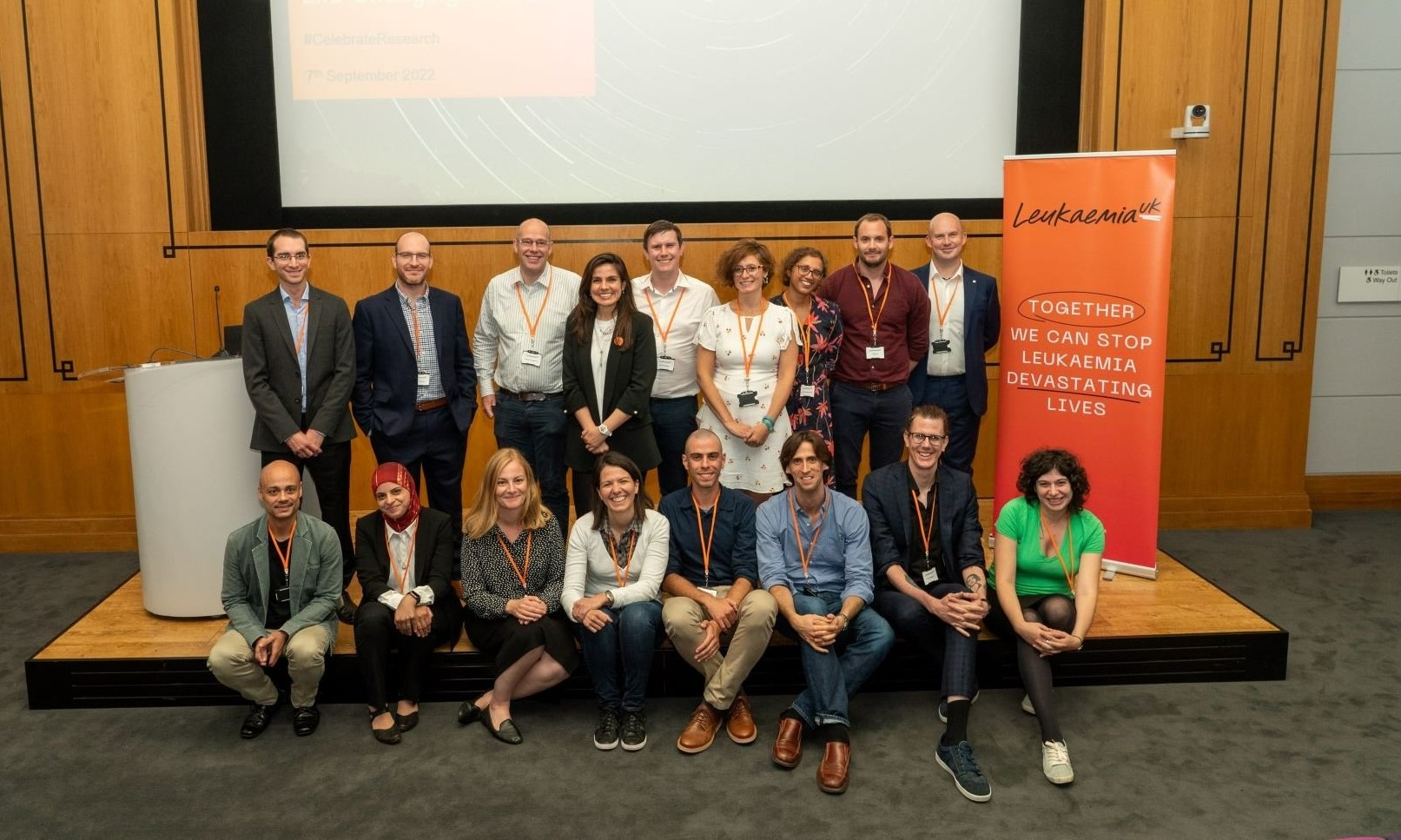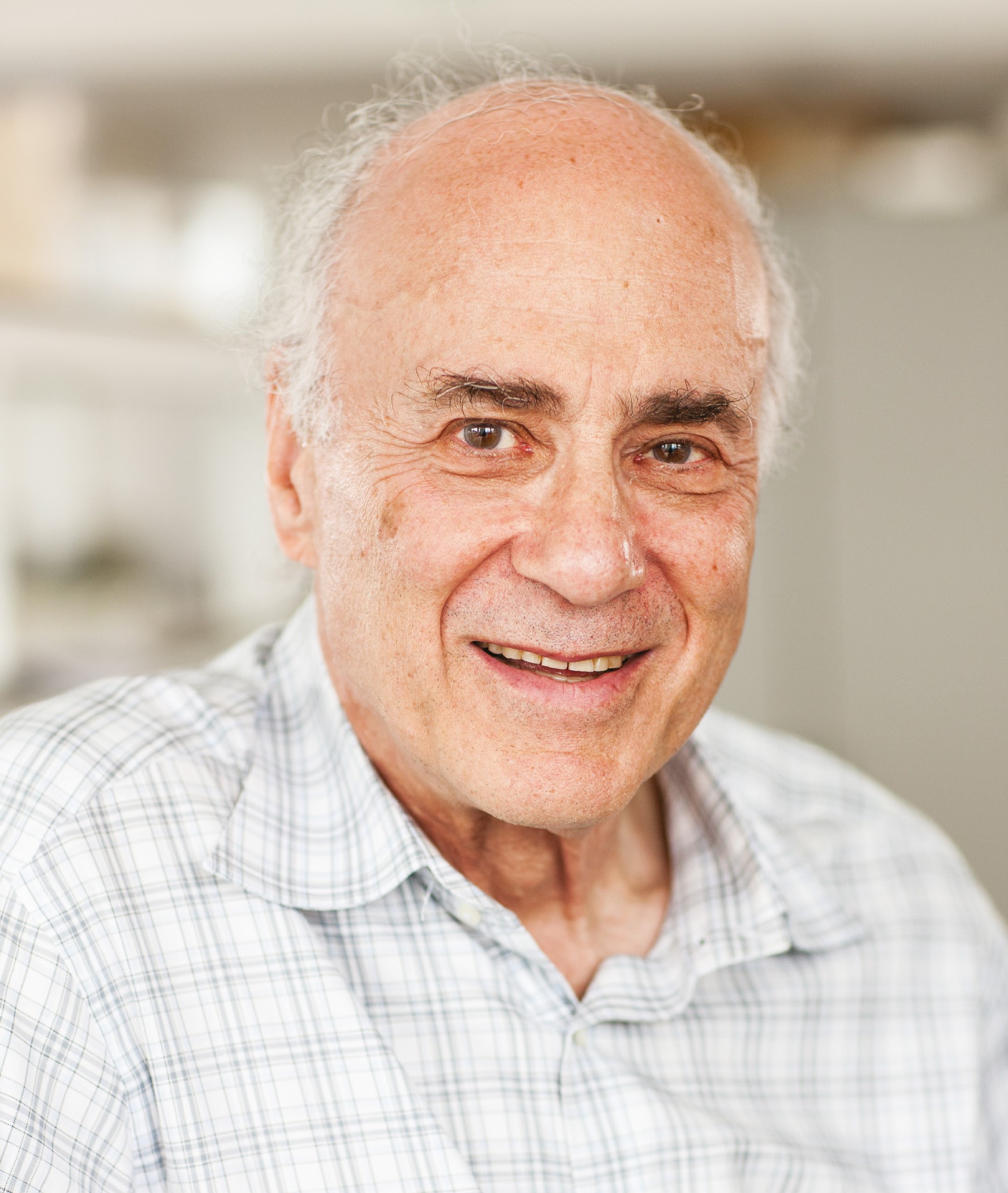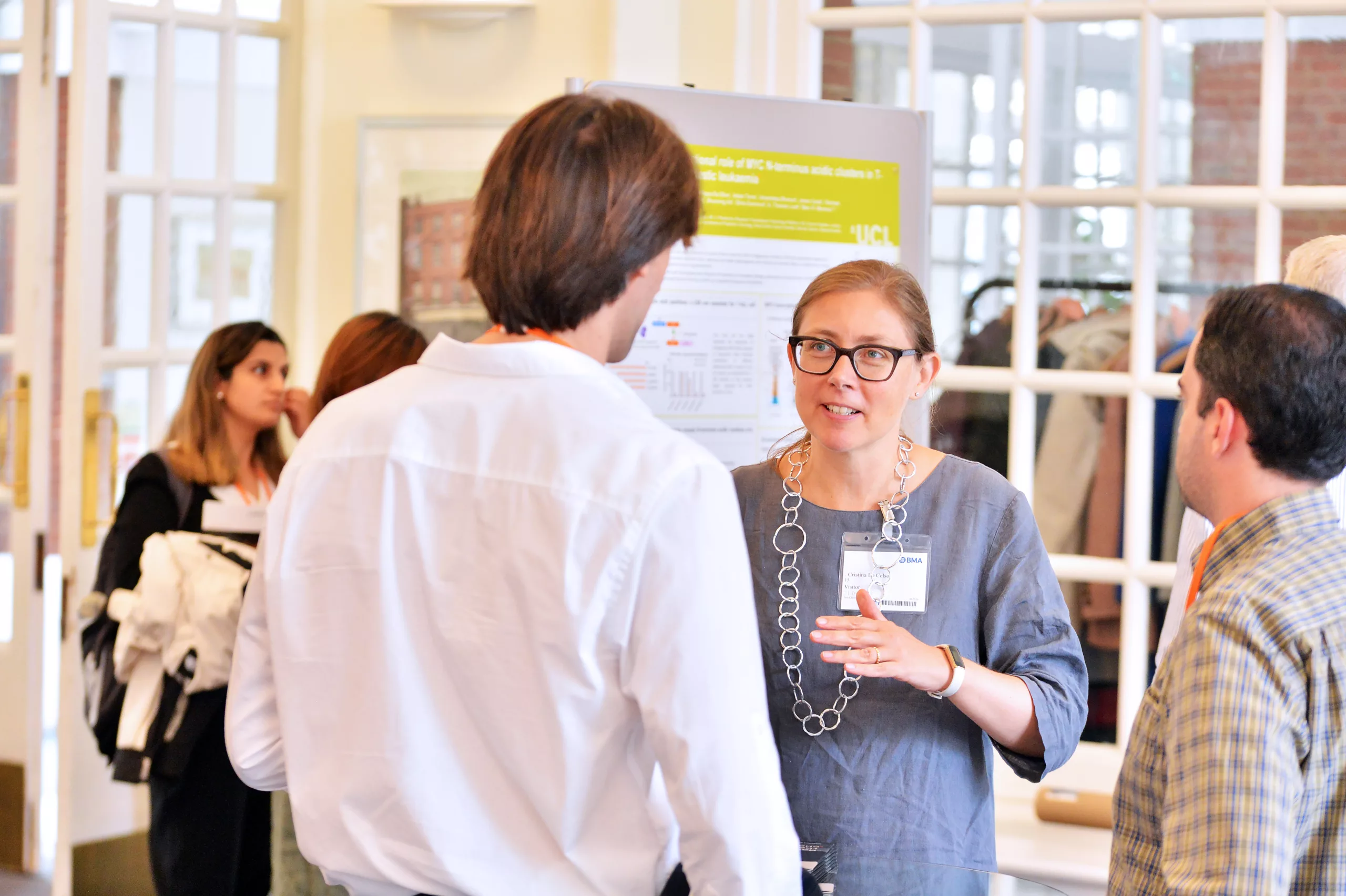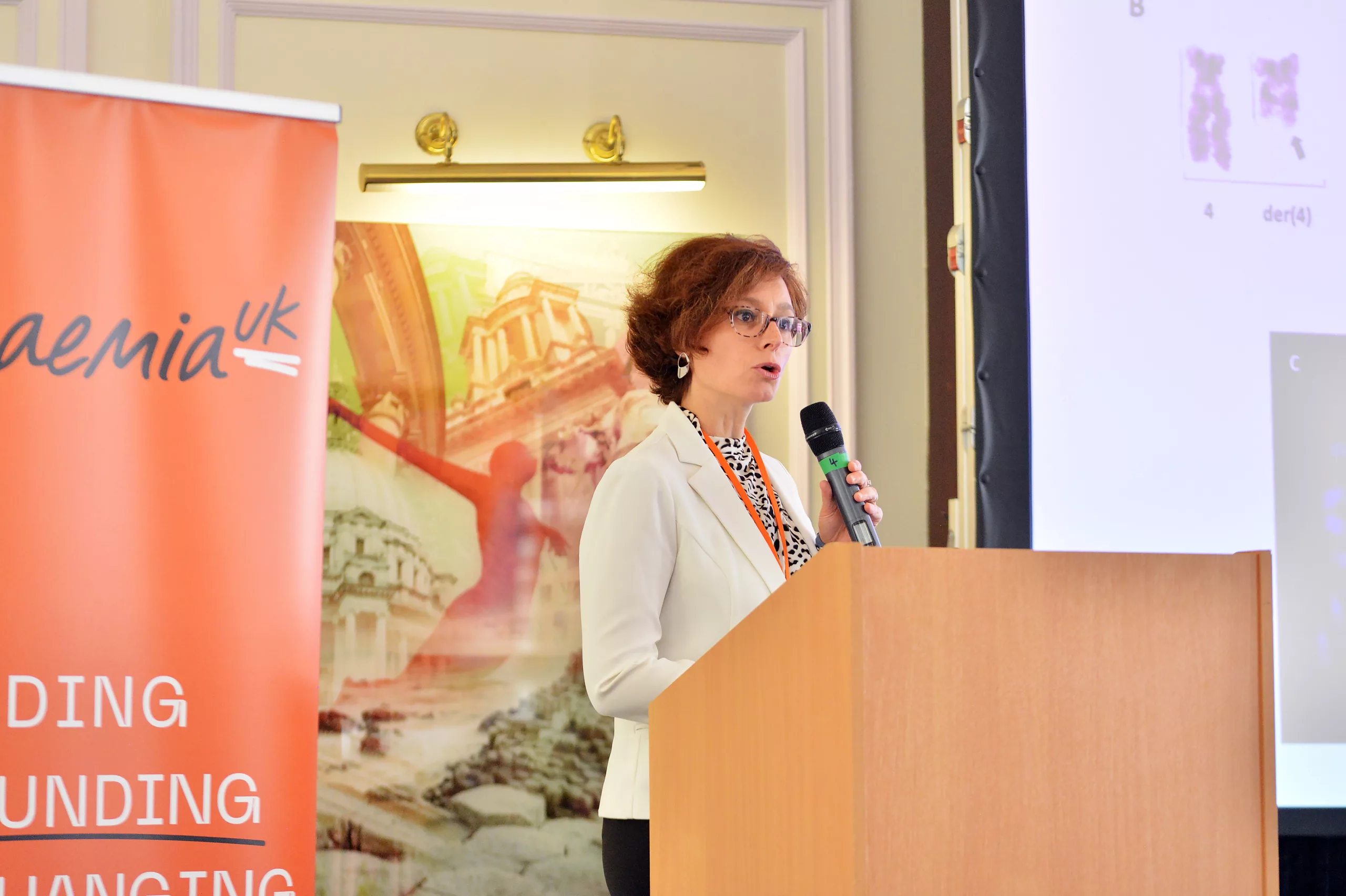John Goldman Fellowships
By accelerating the progress of our research, we can improve the lives of people affected by leukaemia – both today and in the future.
Our prestigious John Goldman Fellowships are aimed at early career researchers with a passion for science, as well as a desire to develop new ideas and translate scientific advances into clinical practice.

Applications for the 2026 John Goldman Fellowships are now open.
By accelerating the progress of our research, we can save and improve the lives of people affected by leukaemia, both today and in the future.
One way that we are working towards this is through our John Goldman Fellowships. Created in honour of Professor John Goldman (1938 – 2013), a renowned haematologist and pioneer in the treatment of leukaemia.
These prestigious awards are aimed at early career researchers with:
- a passion for science
- a desire to develop new ideas
- an ability to translate scientific advances into clinical practice
Could you become a scientific or clinical leader of the future? Your proposed research project must be novel. It must have the capacity to make advances in our knowledge of leukaemia and related diseases, and the development of new and kinder treatments.
Continued investment
Leukaemia UK is continuing to invest and fund early career scientists and clinicians by offering our John Goldman Fellowships in 2025. The maximum award available will be £200,000.
Olive Boles Innovation Award
The Olive Boles Innovation Award was launched in 2021 and is given to one fellowship awardee each year. This accolade is given in recognition of an innovative idea that could contribute significantly to our understanding of leukaemia and its treatment. The awardee is selected as part of the normal peer review process, and is awarded a combined Leukaemia UK John Goldman Fellowship and Olive Boles Innovation Award.
Who can apply?
Applications for the 2026 John Goldman Fellowships will open on 01 December 2025, with a closing date of 12 noon on Monday 02 February 2026. All applicants can expect to hear the outcome of their application by 31 July 2026.
A summary of the requirements for the John Goldman Fellowships is below. Please also read the full updated 2026 guidance and our Terms and Conditions before you start your application.
We accept applications from those who are:
- Scientists and clinician-scientists working in UK universities, research institutions or hospitals.
- At a critical point in their research career – the funding is designed to aid the transition to becoming an independent researcher.
There is no age limit and no restriction on the number of years since an applicant obtained their PhD.
Awards are offered up to £200,000 to span a minimum 18-month and maximum 2-year period.
Applications must be submitted via the Leukaemia UK Funding Management System. In order to submit an application, applicants are required to register for an account in the Leukaemia UK Funding Management System, as are the applicant’s Supervisor / Mentor and Institutional Finance Approver, all of whom are also required to approve the application prior to the submission deadline. We therefore suggest that applicants begin their applications as soon as possible, to avoid any delays with the submission process. Applications can be saved in the system and updated at any time prior to the submission deadline. A detailed user guide is available.
Previous Outcomes
| Year | No. of awards | % of applications funded |
| 2025 | 2 | 15% |
| 2024 | 4 | 40% |
| 2023 | 4 | 80% |
| 2022 | 4 | 33% |
| 2021 | 5 | 26% |
| 2020 | 5 | 19% |
| 2019 | 4 | 26% |
| 2018 | 4 | 21% |
| 2017 | 4 | 26% |
| 2016 | 5 | 23% |
| 2015 | 5 | 31% |
If you have any questions, please email our research team.
Photo credit (top): Jeff Moore



